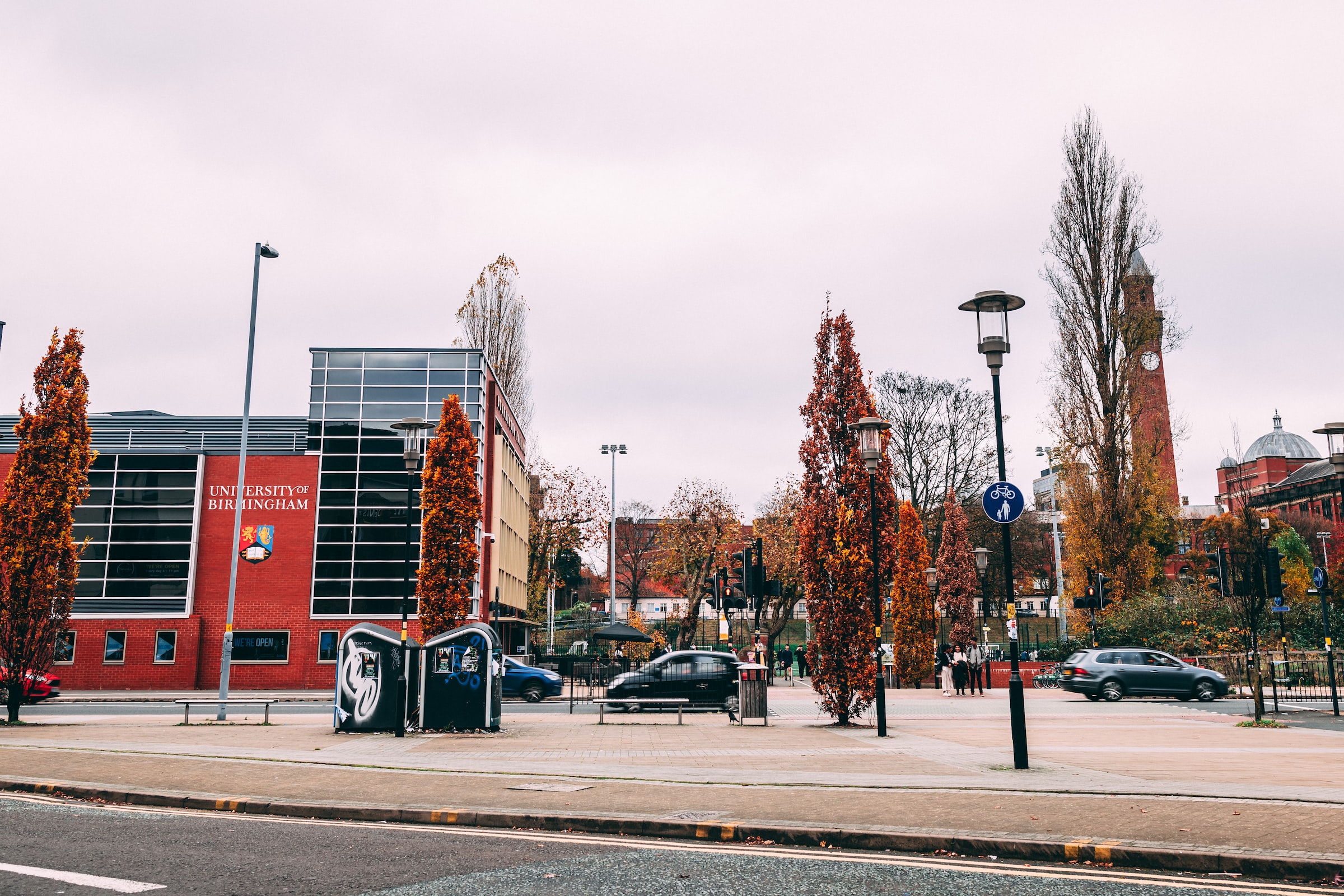
TV Critic Antonio Miguel Aguila argues that It’s Always Sunny in Philadelphia remains the superior sitcom
The best anti-sitcom is back and more meta than ever. After thirteen seasons, the actors and the writers are still not finished with our favourite/least favourite group of amusing evildoers. Characteristic of It’s Always Sunny in Philadelphia this season treads on some really tragic topics many sitcoms do not want to be anywhere near or handle with utmost precaution. I’m not talking about the group of Friends poking fun at Ross’ many divorces or The Big Bang Theory teasing the sad lives of its nerdy characters, no. I’m talking about very on the dot metaphors of abortion cartoonishly discussed through the symbolism of haircuts or religious oligarchy represented through an over-committed game of laser tag. Not to mention its very, very unique take on PC liberal culture, climate change and suicide.
“In this anti-sitcom, the characters get worse and continue to infect the lives of whoever they interact with
In this anti-sitcom, the characters get worse and continue to infect the lives of whoever they interact with. They traumatise each other in their cell, fight, split up and come back together to reap more suffering. Unlike say How I Met Your Mother or Community where Jeff and Barney start off as terrible people who you learn to love as they progress to become better It’s Always Sunny finds inventive ways that actually make you laugh at their further descent into narcissism and apathy. Its dedication to always subvert tropes in terrible, yet hilarious ways gives it its status as the best anti-sitcom.
“In some odd demented twisted way, you learn to like these characters
For those new to this show, its heterosyncratic community is nothing like but on par with Brooklyn Nine-Nine. First, we have Charlie (Charlie Day) the romantically obsessed stalker, talented musician, collector of trash and consumer of cat food. Next, Dee (Kaitlin Olson) the sad, failed actress who sometimes blows up from always being the target of the gang’s jokes, anger and sadistic pleasure. Mac (Rob McElhenney), the innocent but still wrong-doing gay, Catholic man with some internal conflictions. Dennis (Glenn Howerton), who refers to himself as ‘The Golden God’ and constructs intricate seduction plans. And finally, Frank (Danny DeVito), the free-spirited lover of dumpster sex and money who fails as a role model but nonetheless acts as the father figure for the group. In some odd demented twisted way, you learn to like these characters. While each member of the gang still serves roles in their interesting group interaction it was a little disappointing to see Dennis not nearly as psychopathic as he was in earlier seasons. This is not their strongest season but it also not their weakest and the series is not looking to finish soon.
In previous seasons they have covered crack addiction, blackface, fake baby funerals etc. Some recurring jokes appear in this season too and I would recommend watching to see how this fabulously wicked show got to where it is now. It’s Always Sunny in Philadelphia boasts an entertainingly cruel cast still not finished with their mischievous antics. It’s Always Sunny in Philadelphia is the best anti-sitcom and for that, it doesn’t bother pandering to its audience, but rather reeling them in with its hilarious cynical commentaries on some of the most controversial political topics of modern society. It is a well-written sitcom that just keeps on getting you to laugh at subjects in a way you probably should not.
Comments